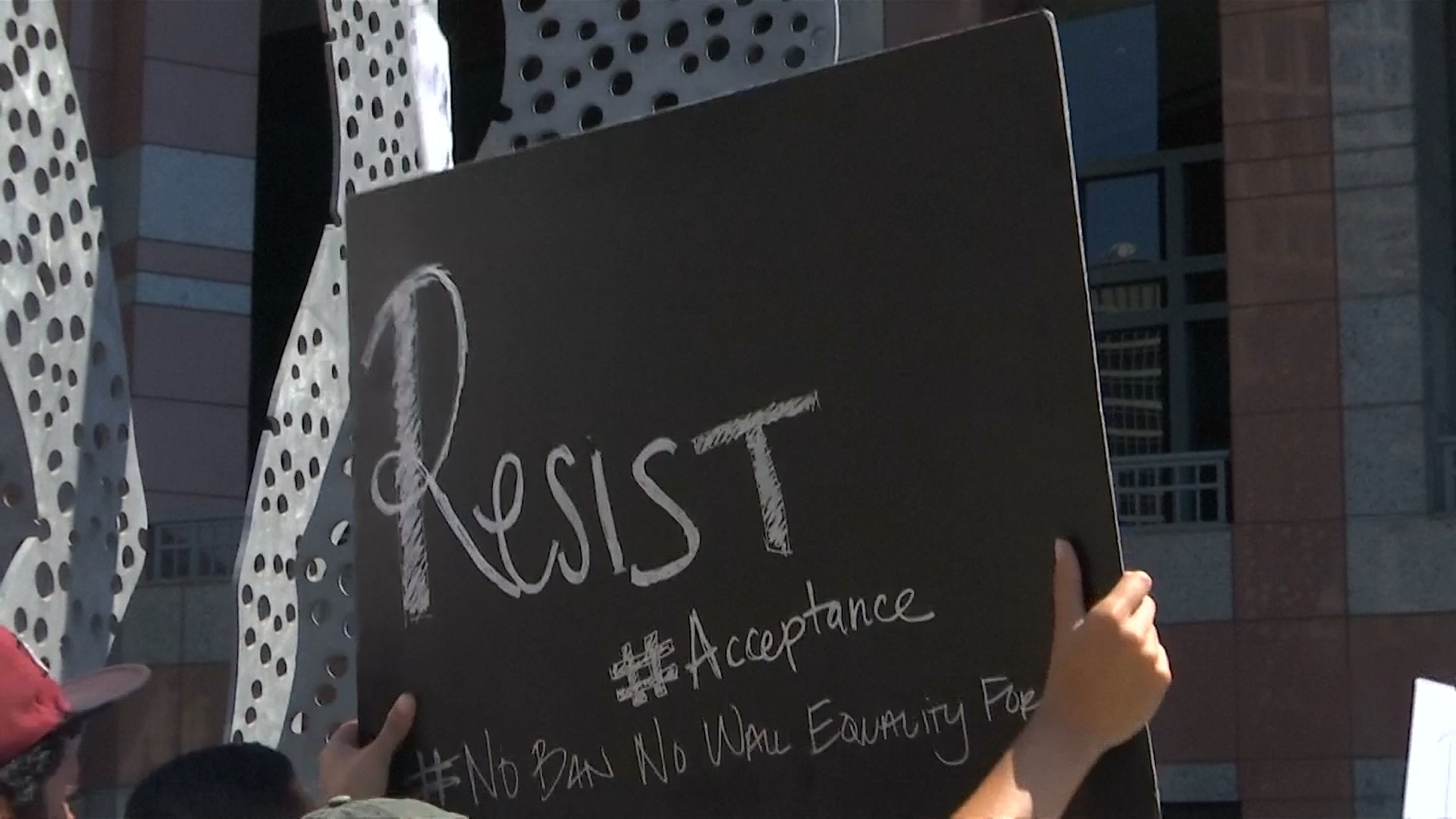Last year, the Trump administration announced an end to DACA, the Obama-era program that protects more than 700,000 young immigrants from deportation — but today, it’s largely still in effect. That’s thanks to a series of appeals court rulings in California, New York, and, most recently, Washington, D.C., where a judge ruled Friday that the administration must continue to accept renewal applications for the program.But that could all change Wednesday when the litigation over DACA, or Deferred Action for Childhood Arrivals, moves to Texas, where U.S. District Judge Andrew Hanen, who is thought to be more sympathetic to the Trump administration, will consider a request from a group of Republican state attorneys general to stop DACA renewals while the battle over DACA’s legality plays out.If Hanen sides with the attorneys general and orders DACA renewals halted, the Trump administration’s position against the program will be bolstered as other appeals courts, and eventually the U.S. Supreme Court, consider the issue. DACA recipients and their lawyers hope Hanen’s ruling won’t further legitimize the Trump administration's claim when the case gets there.“Judge Hanen haas no greater authority than any other district judge in the country,” said Thomas Saenz, President of the Mexican American Legal Defense and Educational Fund, who is representing DACA recipients in the Texas case. “The three other district judges have as much authority as Judge Hanen were he to come forward granting Texas’ request to bar the continuation of DACA.”When Attorney General Jeff Sessions announced the end of DACA on Sept. 5, 2017, he said the administration had to cut the program because several Republican state attorneys general were threatening to challenge it in court. The case, Sessions said, would be similar to a previous case, also decided by Hanen, in which the Obama administration’s 2014 DAPA (Deferred Action for Parents of Americans and Lawful Permanent Residents) program protecting the parents of young immigrants from deportation was ruled illegal in 2015.“Our collective wisdom is that the policy is vulnerable to the same legal and constitutional challenges that the courts recognized with respect to the DAPA program,” Sessions said.But so far, federal courts in D.C., San Francisco and New York City have been clear on their conclusion that the Trump administration’s decision to rescind DACA lacked legal basis. The most recent ruling on Friday, in a D.C. case brought by the NAACP, came from U.S. District Judge John Bates, a nominee of President George W. Bush, who called the administration’s decision to end DACA “arbitrary and capricious.”“If DHS wishes to rescind the program — or to take any other action, for that matter — it must give a rational explanation for its decision,” Bates said.Since January 2018, around 92,000 young immigrants have renewed their DACA protections, and another 30,000 renewal applications are currently pending with the Department of Homeland Security. The Trump administration has 20 days to appeal Bates’ decision in the D.C. case.The Texas judge, however, may have a different take on the situation. If Judge Hanen sides with Texas and the other states challenging DACA, then an appeals court or the U.S. Supreme Court will have to resolve the contradicting rulings pretty quickly.The Justice Department has already appealed in California and New York, where the cases are progressing. The Ninth Circuit Court of Appeals could rule any day on the California case, and the Second Circuit Court of Appeals will be scheduling oral arguments in the New York case soon. Either way, it’s likely the U.S. Supreme Court will have the last word on this next term, especially if the lower courts are split.Cover image: Demonstrators sing and hold signs during a rally supporting the Deferred Action for Childhood Arrivals program (DACA), or the Dream Act, outside the U.S. Capitol building in Washington, D.C., U.S., on Thursday, Jan. 18, 2018. (Photo: Zach Gibson/Bloomberg via Getty Images)
Advertisement
Advertisement
